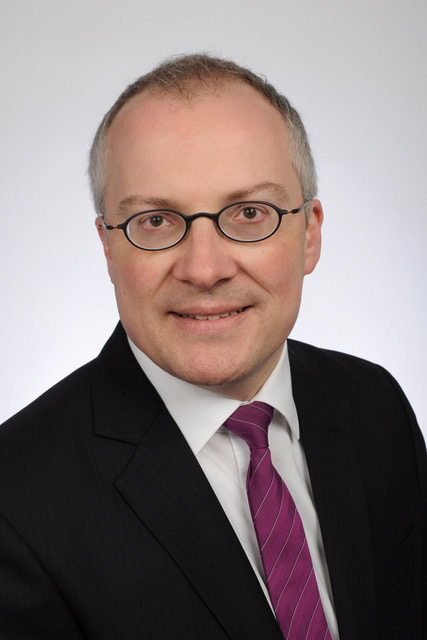1. Tell us a bit about yourself and your company.
Be Group enables leading financial services organizations across Europe to manage the complexity of business transformation. In the D-A-CH region, Be Think, Solve, Execute GmbH has a long-standing history as reliable partners for financial services organizations to analyse complex requirements, find solutions and implement them in their entirety, regardless of their complexity. A key success factor is the combination of Trading, Banking and Financial IT know-how implemented by a team of specialists possessing all the skills required and who work to very high-quality standards.
Dirk: I have multi-annual experiences in the areas Banking and Capital Markets, as architect, project/portfolio manager and general IT manager. Since beginning of 2018 I am working as Chief Business Development Officer for Be Think Solve Execute GmbH. In this role I am responsible for all business development activities in the D-A-CH region.
Manuel: With more than 15 years project experience working for leading financial institutions I consider myself an expert with the capital markets fields, focus in delivering smart scalable and long terms solutions for our customers. I joined Be in January 2018 to developed the International Business but today I am also in charge of the internal market data products suits.
2. What products or services do you offer, and to whom?
Our clients are financial institutions – major banks, investment firms, exchanges, insurances.
We are mainly engaged in the main business pillars Capital Markets, specialized in the areas Trading, Clearing and Settlement, and Core Banking, in the later area with a specific focus on payments business.
Technology is our main competence, which we use to optimize IT Governance and software development methodology of our clients and which we apply within our projects and managed services.
We help our clients to (re)design business models, align them with regulatory and market requirements, enter the digital age.
Our services cover a wide range from consulting services, implementing turnkey solutions, providing application lifecycle services for financial applications, to implementing and integrating self-developed standard software packages.
Our software packages support our clients to manage the market data usage, contribution and costs within the financial institution.
3. Which way do you see the financial services sector going? Who would be the likely winners?
Banks have a well-established infrastructure and a good customer base, but they are burdened by a product-centered thinking legacy. Most banking solutions are outdated, and interfaces are not intuitive.
Fintech companies create modern, client-centered solutions, but they do not have enough resources to bring them to market and acquire customers.
Hence, from Be’s point of view Banks and Fintechs must moving from a competitive to a collaborative approach in order to take advantage of each other’s strengths
Following an open banking approach, we assume that integration of services offered by Third Parties APIs, thanks to contractual agreement subscription, will further grow, building an ecosystem between Bank and Third Parties to improve product / service offering to customers.
The winners have to manage this Open Banking transformation, on both sides, Banks and Fintechs.
4. What are your focus or interest areas, overall and within FinTech?
We develop innovative products and services on our own, but we also invest in companies with promising business ideas and help them to grow.
We support FinTechs with our market expertise and funding needs – we are able to support strategy decisions, to deliver own development capabilities to evolve ideas to ready-to-use products or services, to exploit our network to support marketing and sales, and, in a B2B scenario, to integrate services offered by FinTechs with services and platforms of existing players.
Since we have such a broad area of capabilities, we can help many FinTechs to grow, at different stages of their maturity.
5. What opportunities or challenges are FinTechs creating for incumbents/others ?
FinTech firms have provided and will provide users with opportunities to improve their financial lives. They force incumbents to revise the existing user flow and redesign the actual service to eliminate friction, making it valuable for customers.
To exploit Open Banking models, a traditional bank not only needs an Open Banking Platform, but also to provide innovative services for customers. Both can be realized through collaborating with FinTechs.
6. What do you think of the incumbents’ response, and what should they do differently?
In order to defend market share traditional banks have to sign partnerships with FinTechs and have to create an ecosystem to gain a competitive advantage.
Banks should set-up a permanent structure (market place), in order to scout the market on a running base and continuously providing new services thanks to collaboration and investment on FinTechs.
7. What’s on your bookshelf / holiday reading list?
Dirk: Literature on SAFE – Scaled Agile Framework – since I still believe that even large organizations can evolve and improve their working habits, to improve client and employee satisfaction.
Manuel: Loved to spend my spare time reading about success stories and leadership examples of companies that start as a family office and today are unicorns.

